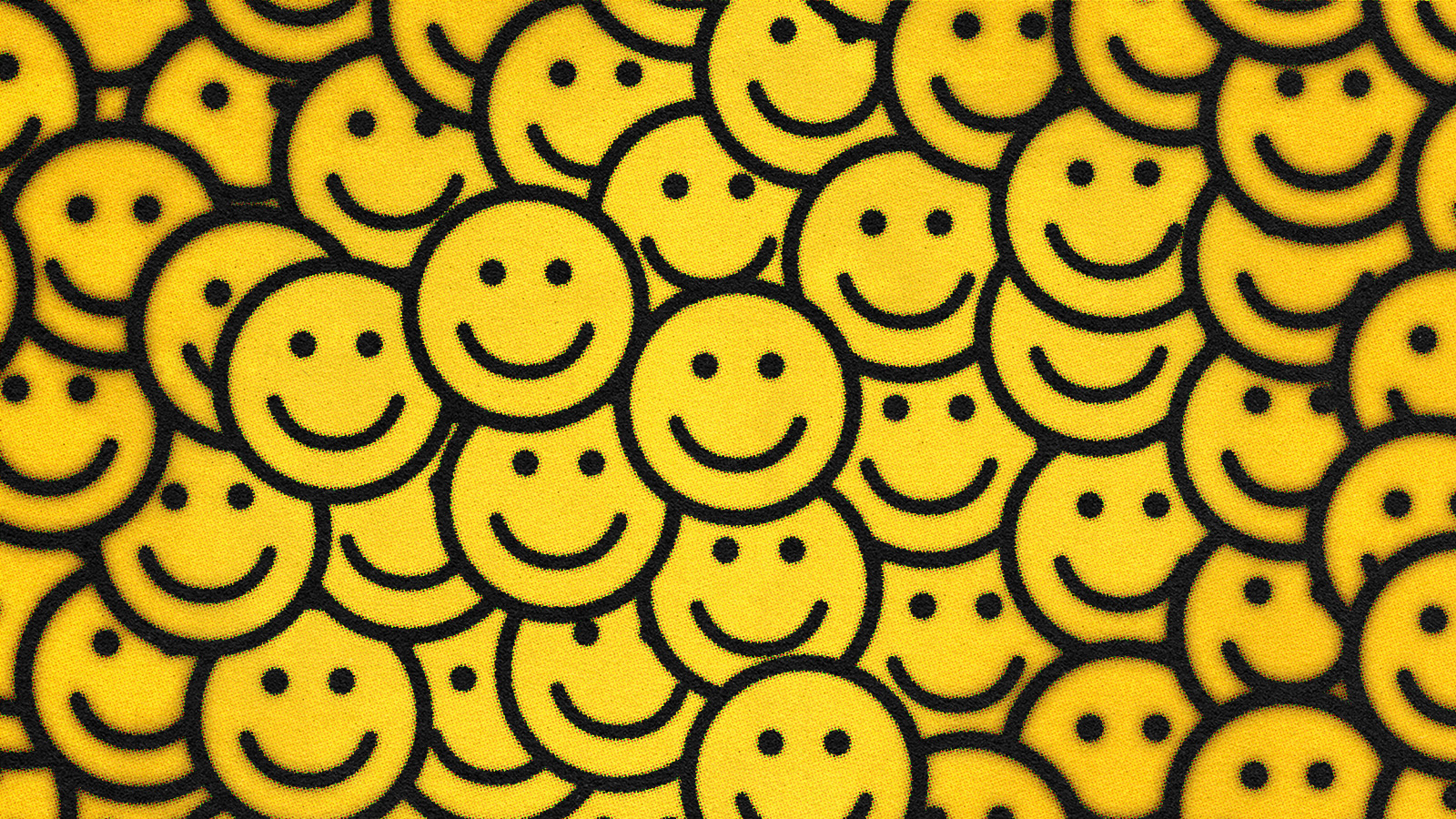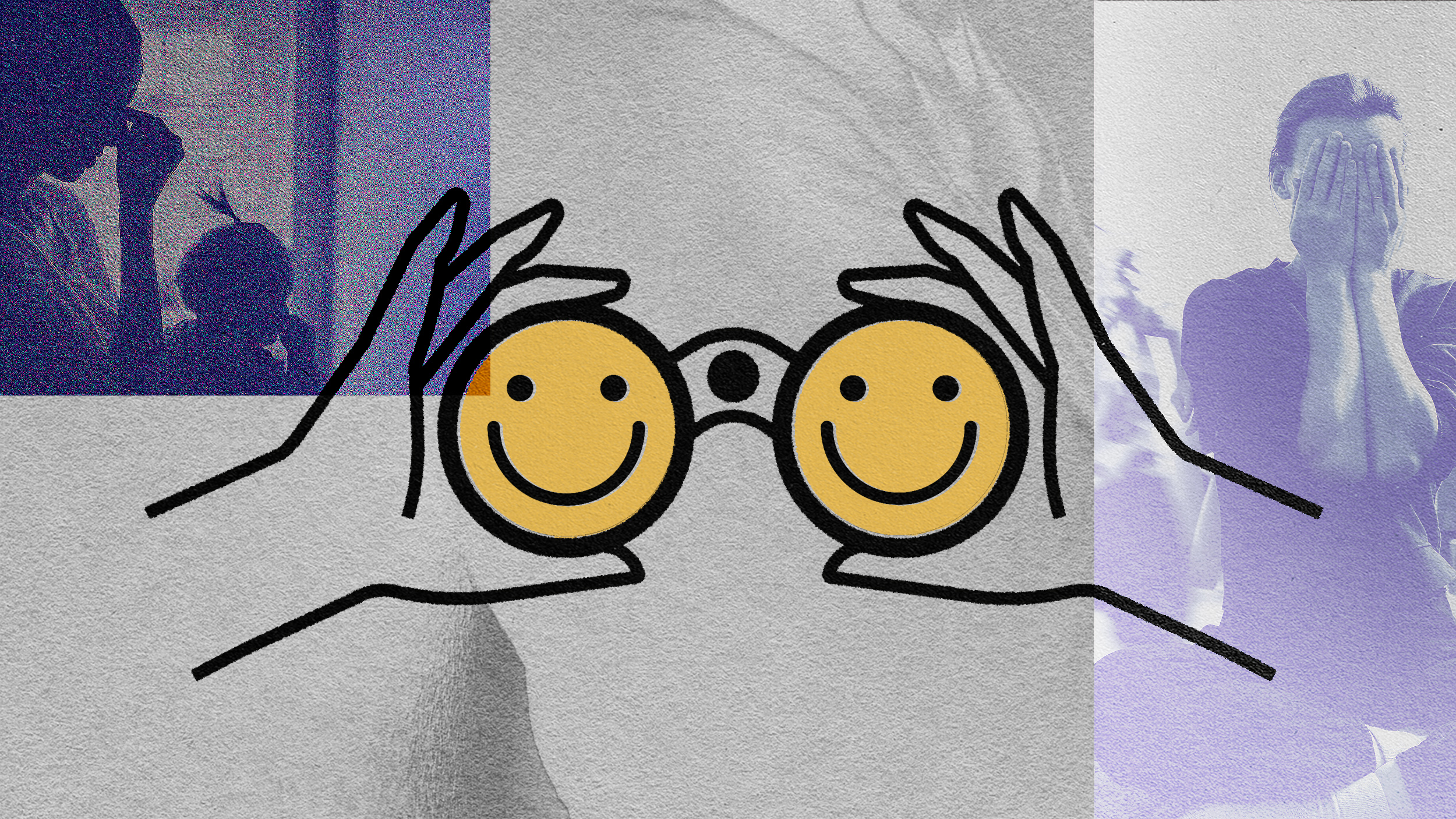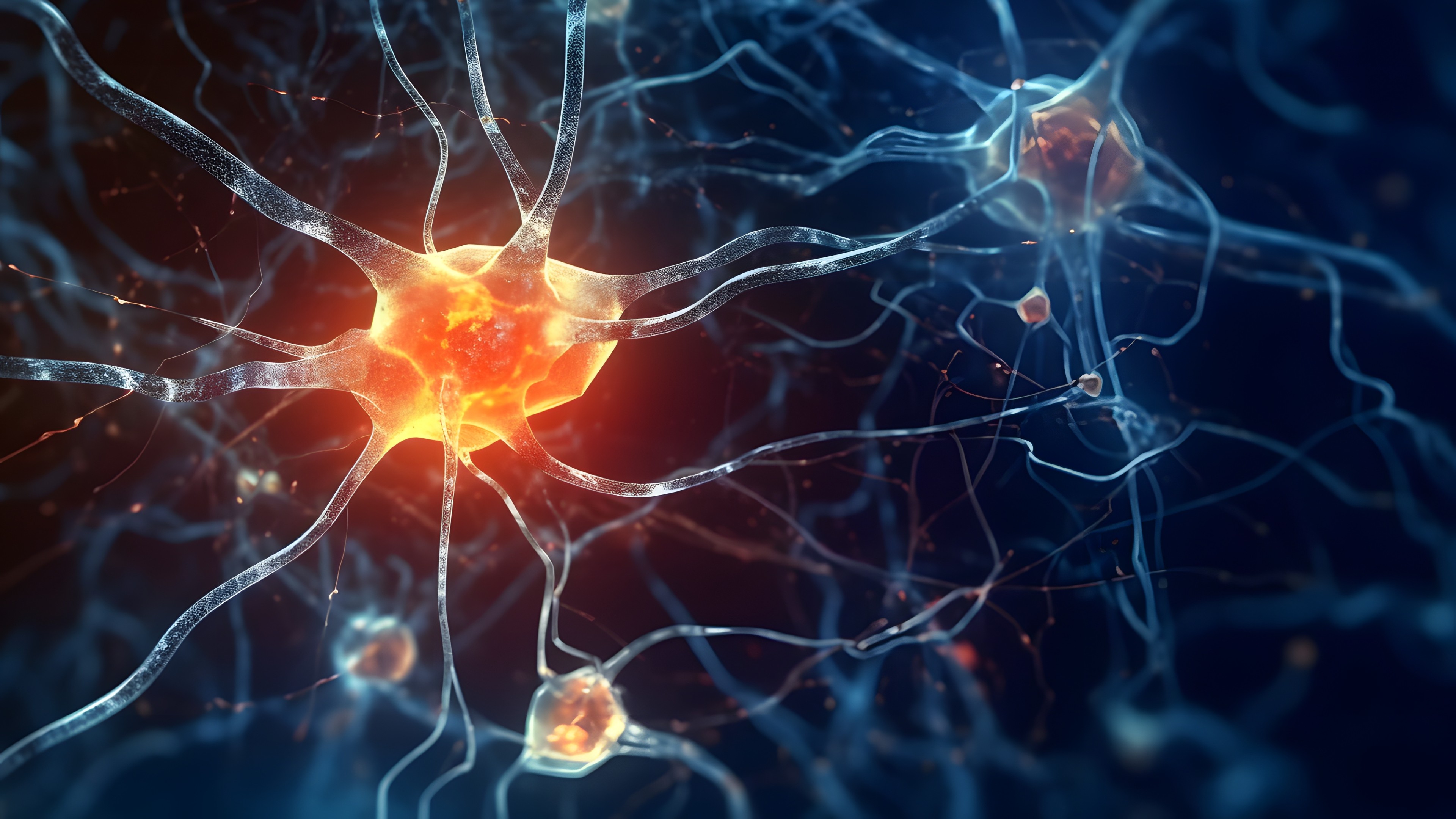mental health
Sound may be an overlooked tool for boosting well-being.
Depression can cause you to think too much — and physically sense too little.
An argument for emphasis on subjective experience.
The mindless implementation of AI tools can come at a cost for our teams. Here are some red flags and solutions.
Taco Thursdays and free yoga have their limits — for lasting workplace happiness leaders need to think about purpose.
We’ve made god-like figures out of hard-charging CEOs — but it’s a bad idea to get high on your own supply.
In the murder trial of Dan White, the defense touched on diet as a cause for White’s actions. It has become known as the “Twinkie defense.”
Leadership evasion might seem like a plan for workplace freedom but it isn’t a good thing — it’s a denial of opportunity.
Sometimes you just want to hear, “I know what it’s like.”
You really can get by with a little help from your friends — if you also look beyond your personal to-do list.
Public mass shooters almost always have worldviews shaped by the “3 Rs”: rage, resentment, and revenge.
Bob Dylan gave us the paradoxical gem “there’s no success like failure, and failure’s no success at all.” He had a point.
Attention deficit hyperactivity disorder has been a controversial diagnosis since it was first described, back in the 1940s.
A growing body of research suggests that optimism plays a significant role in promoting both physical and mental well-being.
Happiness is not a five-star holiday. It’s often the result of struggle — and asking for help, as author Stephanie Harrison recently told Big Think.
The world’s workplaces are growing lonelier — but the solution requires less than you might expect.
Research suggests that to maintain a healthy brain, we should tend our gut microbiome.
People who die by suicide are more likely to have reduced levels of the NPAS4 gene, which helps regulate inflammation in the brain.
Uncovering the story of Milan Hausner, the Sadská clinic, and LSD psychotherapy behind the Iron Curtain.
One dose of ibogaine was shown to dramatically reduce depression and PTSD.
Studies claiming to reveal strategies for feeling happy get a second look.
Psychologist Noel Brick shares the mental techniques we can use to improve our performance on and off the field.
Depression applies to individuals and businesses alike — and so does the solution.
People who score high in “obsessive passion” can become rigidly consumed by ideological causes — sometimes dangerously so.
Parents will sometimes use children as weapons in their relationship battles — and the fallout can be devastating.
Ketamine’s remarkable effect bolsters a new theory of mental illness.
Between the hedonic and eudaimonic life, there’s a happy medium to be found.
Omer Bartov, who spent decades studying the unspeakable horrors of genocide, shares how his studies have impacted his own mental health.
Some neuroscientists question whether the body can “keep score” of anything in a meaningful way.
Instead of fear, his delusions bring him cheer. His psychiatrist embraces them.





























